I’m driving the three-minute scoot to the supermarket to pick up a few boxes of very safe, instantly dissolving toddler cookies called Nom-Noms, which is really what all cookies should be called (and, while we’re at it, all food). My two-and-a-half- year-old son, Asher, loves Nom-Noms, and we were about to run out.
While in the car, I’m listening to the writer Elizabeth Gilbert on Oprah’s Super Soul podcast (as you do). Gilbert is the author of Eat Pray Love, the 2006 bestseller about her soul-awakening travels to India, Italy, and Bali; it’s a book I love and have read an embarrassing number of times.
Nom-Noms are these magical little biscuits that are probably about 99 per cent air. The rest is a mysterious blend of, I think, sweet-potato juice and Styrofoam. Every cookie is reliably about five inches long and shaped like a mini-surfboard with very minor irregularities around the edge. (I’m sure they could be baked to be perfectly smooth, but I think they’re going for some kind of wabi-sabi “hand-hewn” aesthetic, which I appreciate in theory, but it also feels like an unnecessary effort given the audience?)
The day stretching out before me as I drove the three minutes from my house to the supermarket was itself a bit like a Nom-Nom; it would be the same as all the other days I’ve been living since my son was born, since we moved to Los Angeles, and since I’ve been working part-time.
Part-time at home; part-time, occasionally, in an office; part-time, in an existential sense, as a mother; and the smallest part of the time, feeling like myself. My days look and taste a lot like nothing, and yet they are there. They mostly feel the same, but around the edges, of course, they are different.
My days look and taste a lot like nothing, and yet they are there.
Gilbert was telling Oprah about how in the aftermath of Eat Pray Love’s publication, she was often approached, at book signings or talks, by two subsets of women. The first were those who, inspired by her book, bought plane tickets and attempted, in some fashion, to trace Gilbert’s steps.
The second subset—and this is the one that really caught my attention—was that group of women who had similarly been inspired to go on a spiritual globe-trotting quest by the book but were unable to do so for one of many reasons: the financial impossibility, a job that couldn’t be left, a family or kids or sick parents under their care, or a combination of all of these things. Rapt, I parked my car and plugged in my headphones so I could finish the podcast while I was inside the store.
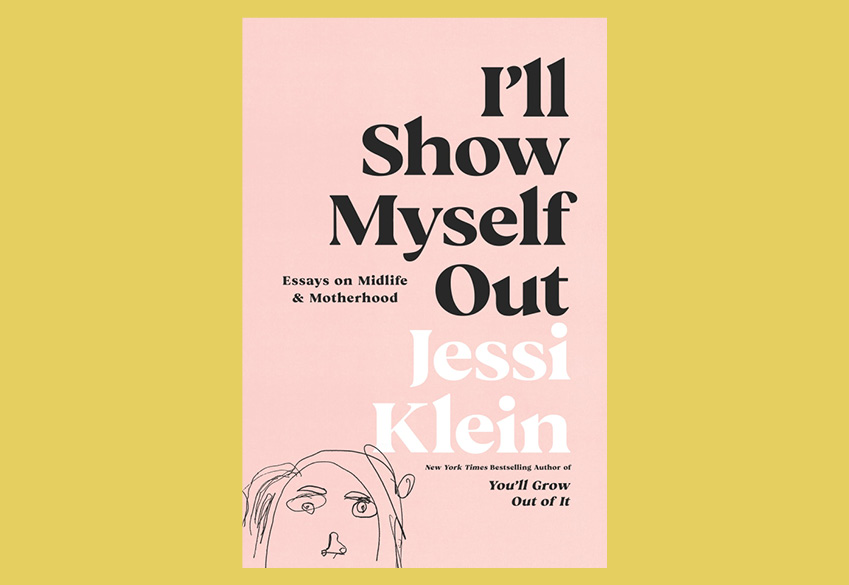
As I finally threw the Nom-Noms into my shopping cart, Gilbert talked about the archetypal “hero’s journey,” and how throughout the history of literature, the hero’s journey has been represented as, specifically, a man’s journey to a faraway place. There, he conquers or fights some person or army or thing and, in doing so, saves us all. While this quintessential hero is running about, his wife/mother/sister/girlfriend/ daughter/all of the above stays home, very much not on a hero’s journey.
She cooks or cleans or weeps or Pinterests while he is out and about, slaying and defending and generally being courageous. Though I was familiar with this trope (you’re familiar with it too if you’ve ever seen, literally, any Hollywood movie—Star Wars, for example), I hadn’t heard of the book Gilbert referenced at length, Joseph Campbell’s The Hero with a Thousand Faces, in which he distills the 17 universally traversed steps of this tale as it’s been told forever by cultures around the world. I find it harder and harder to read an entire book—dealing with a kid, The Bachelor, so very busy—but I can peruse the shit out of a long Wikipedia entry. So, when I arrived home, I googled “Joseph Campbell hero’s journey” and started reading.
As I waited in the checkout line, staring blankly at the displays of mints and magazines and realizing simultaneously that it was 4:23 p.m. and that nothing about my life felt familiar anymore, Gilbert started talking about how we need to reconceive our vision of the hero’s journey.
The hero’s journey is not the exclusive territory of men, she said, and it does not have to involve faraway lands … I paused the podcast as I swiped my card to pay for the Nom-Noms.
Even after I loaded my recyclable bags (good person) into the back of my car and began the drive home, that concept and those words, “hero’s journey,” kept echoing inside me. Some lonely, estranged part of my old self, some thirsty little leaf, leaned toward the idea, wanting to know more. I find it harder and harder to read an entire book — dealing with a kid, The Bachelor, so very busy — but I can peruse the shit out of a long Wikipedia entry. So I Googled “Joseph Campbell hero’s journey” and started reading.
Some lonely, estranged part of my old self, some thirsty little leaf, leaned toward the idea, wanting to know more.
Campbell’s conception of the journey begins with a potential hero, who is just going about his life as normal – you know, texting and taking antidepressants or whatever. He receives a “call to adventure,” to a place that Campbell describes as: “a forest, a kingdom underground, beneath the waves, or above the sky, a secret island, lofty mountaintop, or profound dream state; but it is always a place of strangely fluid and polymorphous beings, unimaginable torments, superhuman deeds, and impossible delight.”
Reading this sentence gave me the same adrenaline-filled feeling you get when you are almost certain, but not yet positive, that you’re feeling an earthquake — you freeze, and your whole body listens. In this moment of silent anticipation, I began to entertain a thought … Is it possible I’ve been on a hero’s journey this whole time? Is it possible I am on one right now?
Is it possible I’ve been on a hero’s journey this whole time? Is it possible I am on one right now?
What shook me about Campbell’s words is how perfectly they describe motherhood. To begin with: a “profound dream state.”
The first three months after my son was born, for sure, were nothing less than a never-ending somnambulance. And even though I was not on a secret island or a lofty mountaintop, once I became a mother, I felt in my bones that deep sense of distance and isolation, of being far away from everyone else, stranded with my new “strangely fluid and polymorphous being”— i.e., my baby. If you’ve ever had a quality hang with a baby or very small child, you know a baby is as polymorphous as it fucking gets. Infants are from one minute to the next, by turns otters, mermen, humans, wombats, and puppies.
I don’t think I even have to justify how “unimaginable torment” applies to child-rearing, but if you’ve ever had to physically wrestle your child into or out of a stroller, or if they’ve ever refused to go to sleep when you feel like you’ve literally passed away about two hours ago, you know what I’m talking about.
And of course, these are the exact same moments in which there is no more “superhuman deed” than steadfastly caring for and feeding your child and not giving in to the temptation to flee the entire situation.
And then. Of course. The one thing that satiates us, even though more often than not it comes in infrequent, tantalizing little drips rather than a gushing faucet, is the “impossible delight” of being a mother. The impossible delight of having your 17-month-old child, out of nowhere, in the middle of an absolutely average day filled with building blocks, in which you are slowly evaporating inside from boredom, say to you for the first time, “I’m happy.” And you cry because this is why you chose his name: Asher, Hebrew for “happy,” the emotion you’ve struggled so hard to feel your whole life.
So I have been thinking and thinking about this. Is it really possible that my trip to buy Nom-Noms is part of a meaningful narrative, a hero’s journey? In trying to process it, I wonder why I’ve felt such inner resistance to accepting that anything I do as a mother might actually be a page in a book. And really, it doesn’t take long to connect that feeling to the fact that in popular culture, at least in America for the past forever years, what mothers do is seen as so unremarkable it’s not just an un-important story, but not even a story at all.
In popular culture, what mothers do is seen as so unremarkable it’s not just an un-important story, but not even a story at all.
To illustrate, I invite you to investigate your gut reaction to the term “mummy blog.” Personally, I’ll confess, it always strikes me as mosquito-ish, something small and trivial. If this rings true for you as well, don’t feel guilty; we’ve all just internalised that the word “mummy” automatically diminishes whatever noun comes after it. I guarantee you if Ernest Hemingway were alive and writing an online column about his experience of being a father, no one would call it a “daddy blog.” We’d call it For Whom the Bell Fucking Tolls.
We think this about “mummy” because we live in a world where the majority of mothers we see on television usually pop up in detergent commercials and have triangle hair and don’t seem to have any interests beyond keeping their kids’ clothes absolutely pristine, which, by the way, is an unachievable and dare I say masochistic goal.
Even writing my book, I’ve been paralysed by the internalised fear of writing about being a mother. I’ve been worried that anyone picking up this book at the bookstore and flipping through its pages will see that there’s “Mum Stuff” in it and immediately think that they are in detergent ad land, a land in which, of course, nothing ever happens that’s worth reading about.
Without fully acknowledging why to myself, I’ve desperately scrambled for something else I could write about — and please, believe me, no one wishes more than I do that I could write about how I spent the last two years having an affair with a young cobbler I met on a nude beach in Ibiza. But that was not my last two years (or any of my years, if I’m being honest). My last two years were, nominally, Nom-Nom years. But since hearing Gilbert’s talk, I know that while this is a part of the truth, it’s also less than the truth.
The truth is that motherhood is a hero’s journey. For most of us it’s not a journey outward, to the most fantastic and farthest- flung places, but inward, downward, to the deepest parts of your strength, to the innermost buried core of everything you are made of but didn’t know was there. And what I’ve learned is that there’s a reason motherhood as a story is so infrequently told.
For most of us motherhood is not a journey outward, to the most fantastic and farthest- flung places, but inward, downward, to the deepest parts of your strength.
It’s because, for so many people, our safest, sweetest, earliest memories are of nestling in our mother’s lap, in her rocking warmth, hearing her sing as we get milk-drunk and sleepy and burrow, heavy-eyed, into the crook of her soft arm.
And if you knew that your mother’s journey was, intrinsically, a hero’s journey—if that was in any way an established narrative in our culture—you’d have to accept that this memory of womb-like safety, this foundation upon which so much of our identity is built, was often just an illusion. You’d have to realise that while you were blissed out on your mother’s lap, one of those epic battles, the kind that envelops heroes as they fight their way out of a ring of fire, was raging just above your head. No one wants to believe that in the moments you felt the most peaceful, the woman cradling you so softly was shielding you from a sword that she herself was holding.
Every mother you know is in this fight with herself. The sword that hangs over you is a sword of exhaustion, of frustration, of patience run dry, a sword of indignation at how little she feels like a human when she so often has to look and behave like an animal. Mostly, it is the sword of rage: the rage and shock of how completely she must annihilate herself to keep her child alive.
Ultimately, the hope of impossible delight almost always wins out over the impossible torment. I know this because here I am, alive, writing this, and here you are, alive, reading it, which means our mothers did what heroes do: they kept us all alive to tell our own tales one day.
And what I can tell you is that so much of the heroism of motherhood is the ability to swallow the sword. To swallow the pain and frustration and keep everything inside. No one wants to think that their mother, that all-forgiving source of limitless unconditional love, occasionally, in a fit of rage or boredom, met her limits.
And yet, of course she did. No one wants to know that after your mother finally placed you in your crib, she walked out of the room and screamed into a blanket, or cried in the bathroom, or drank a bottle of wine, or all of the above. No one wants to know that as she rocked you and sang you the tenth lullaby of the night, she was fantasising about putting you down, walking out the door, and never coming back.
A mother’s heroic journey is not about how she leaves, but about how she stays.
This is an edited excerpt from the book I’ll Show Myself Out: Essays on Midlife and Motherhood by Jessi Klein. © 2022 by Jessi Klein. All rights reserved. Published by arrangement with Harper, an imprint of HarperCollins Publishers.
To read more stories like this, sign up to PRIMER’s free weekly newsletter.




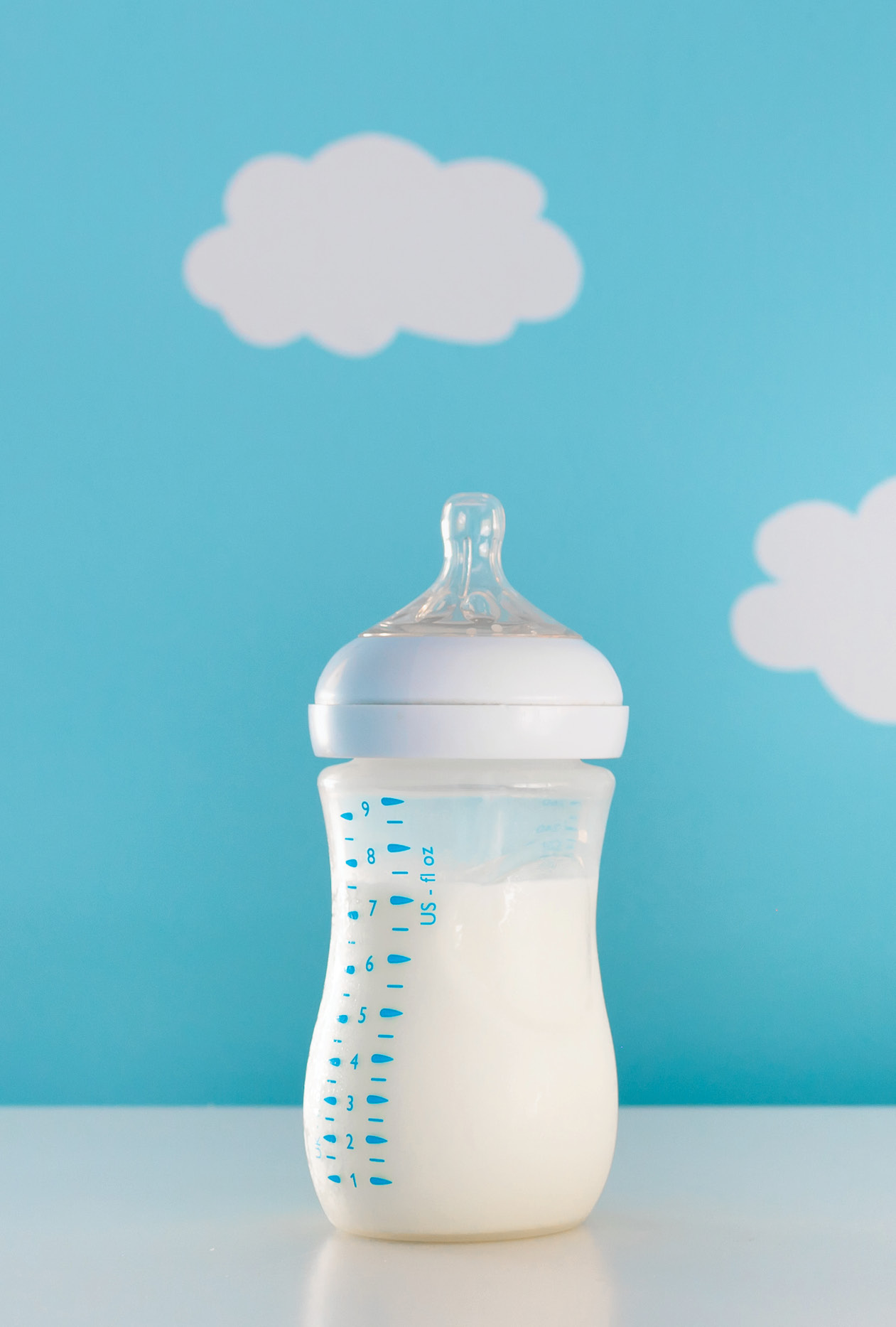
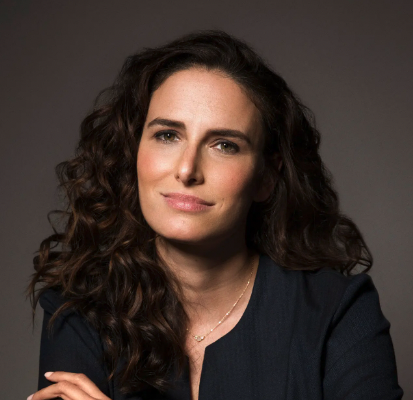

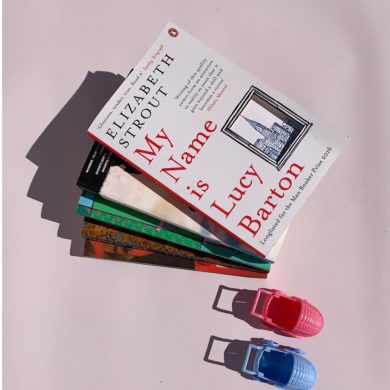

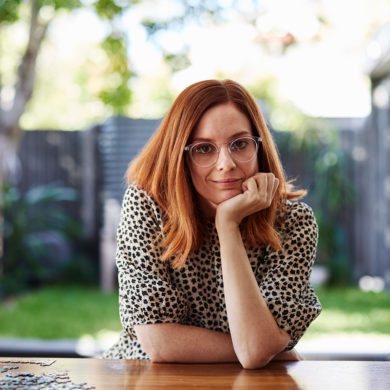



No Comments